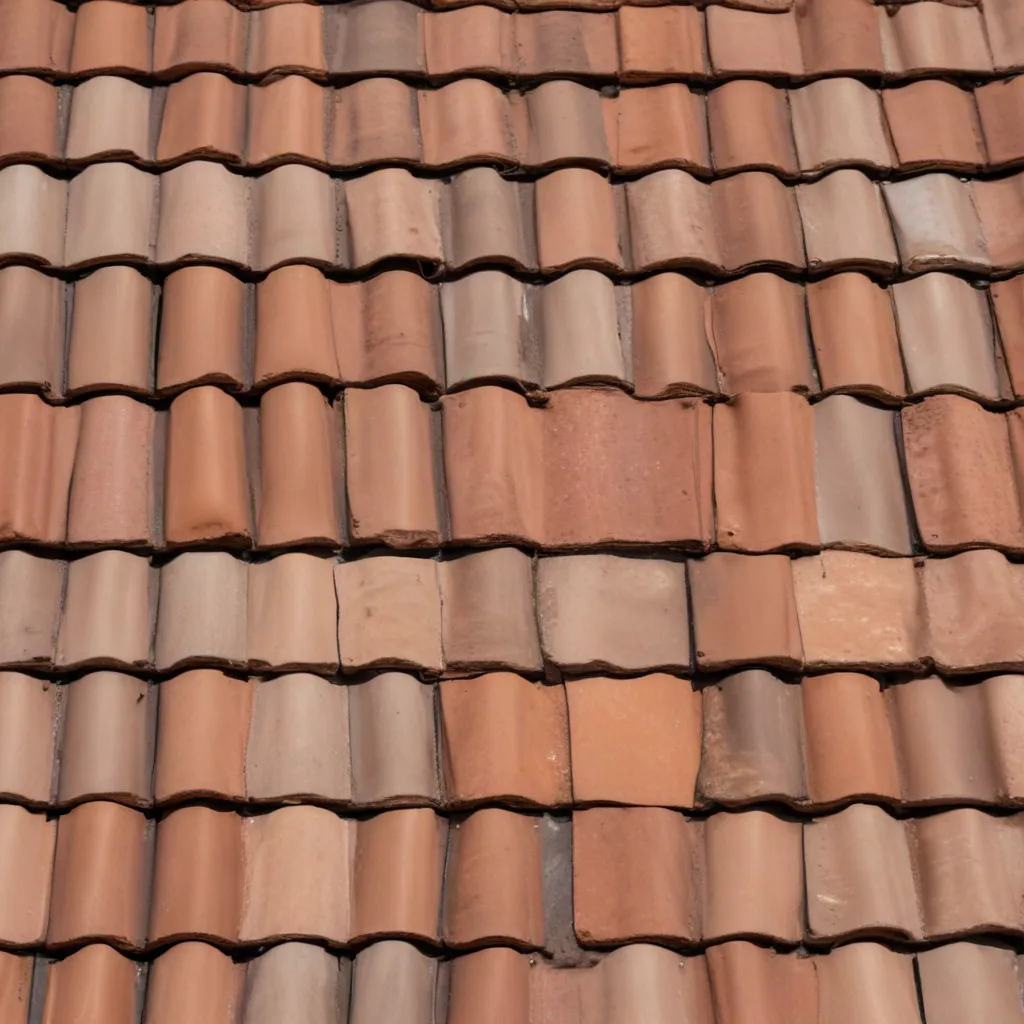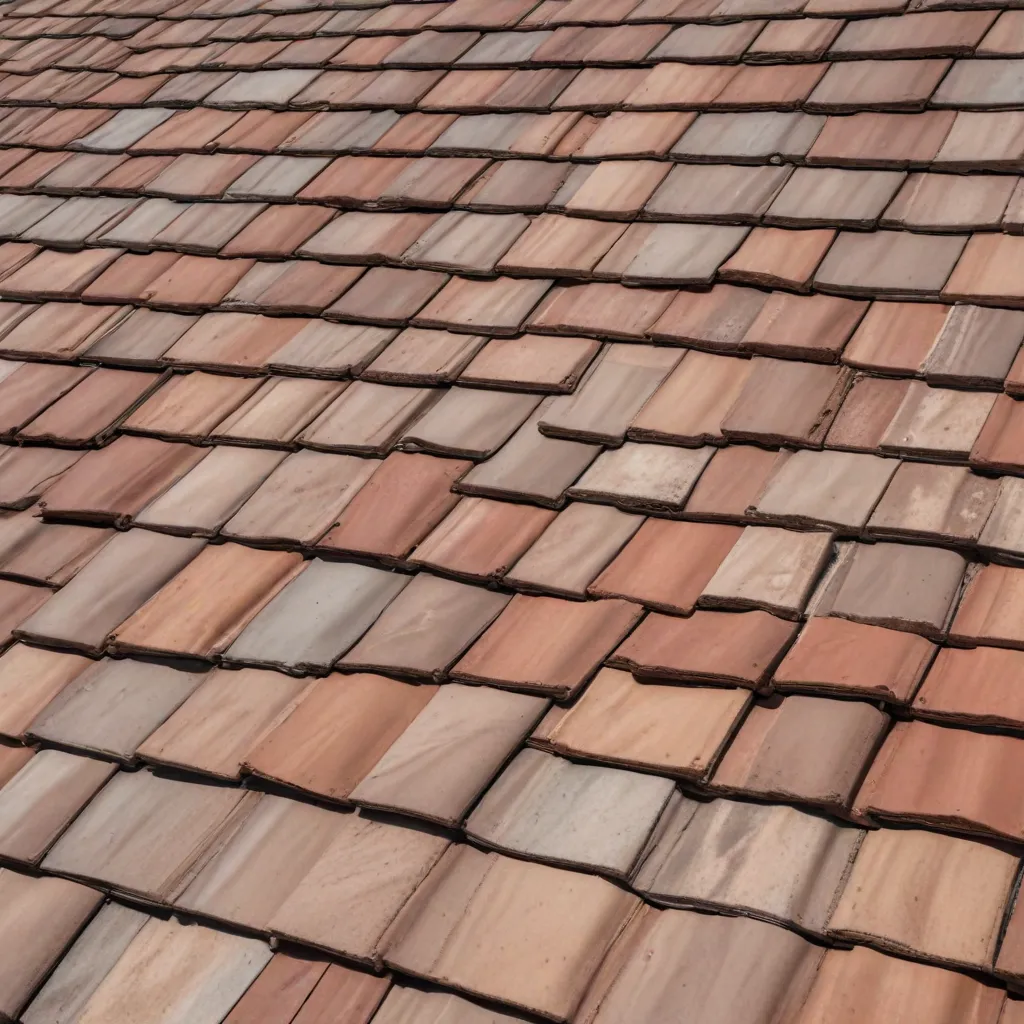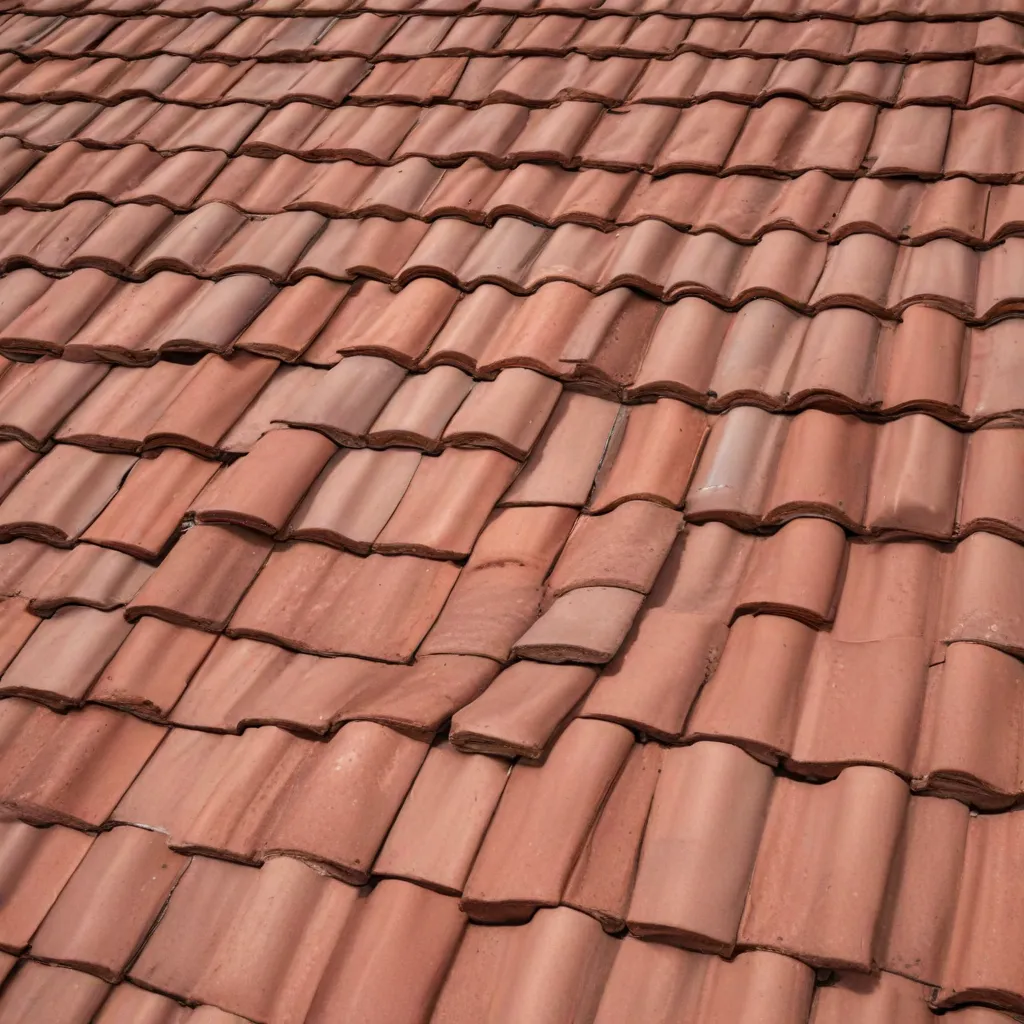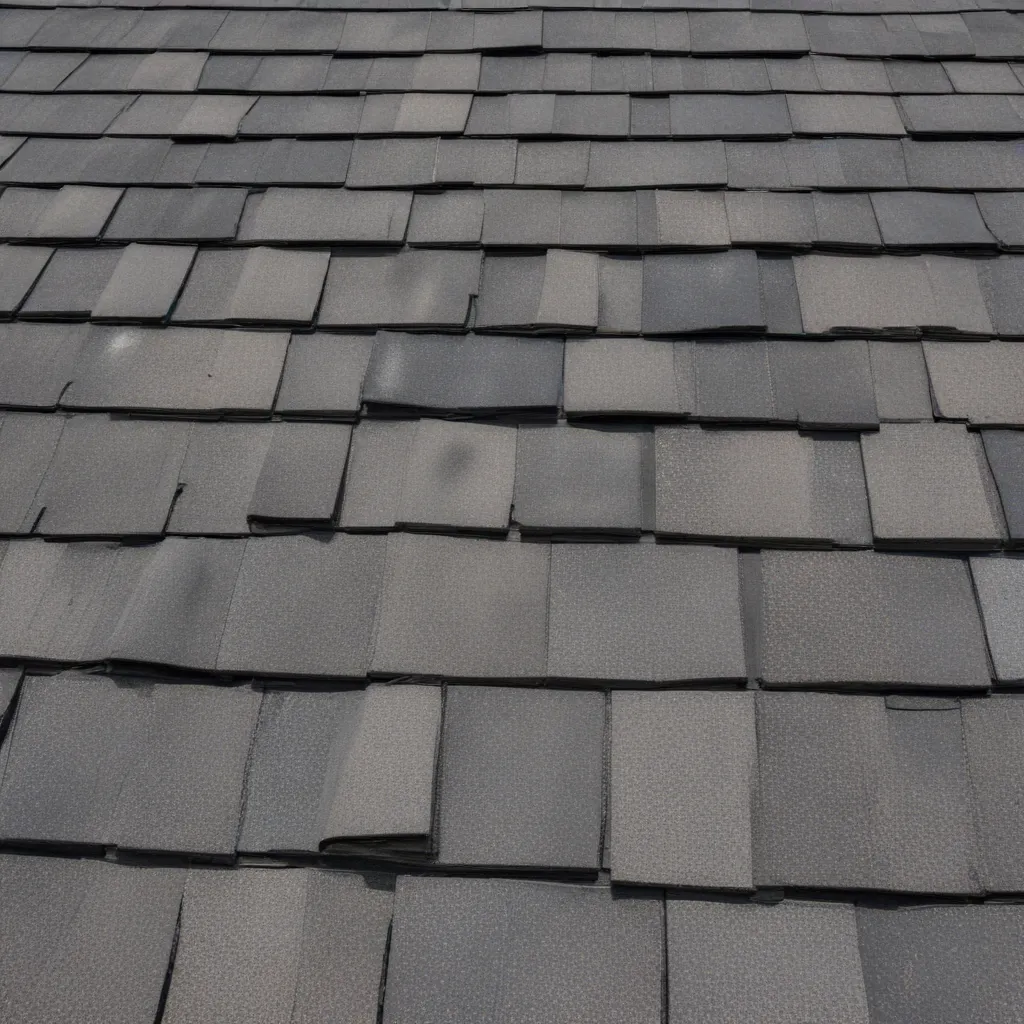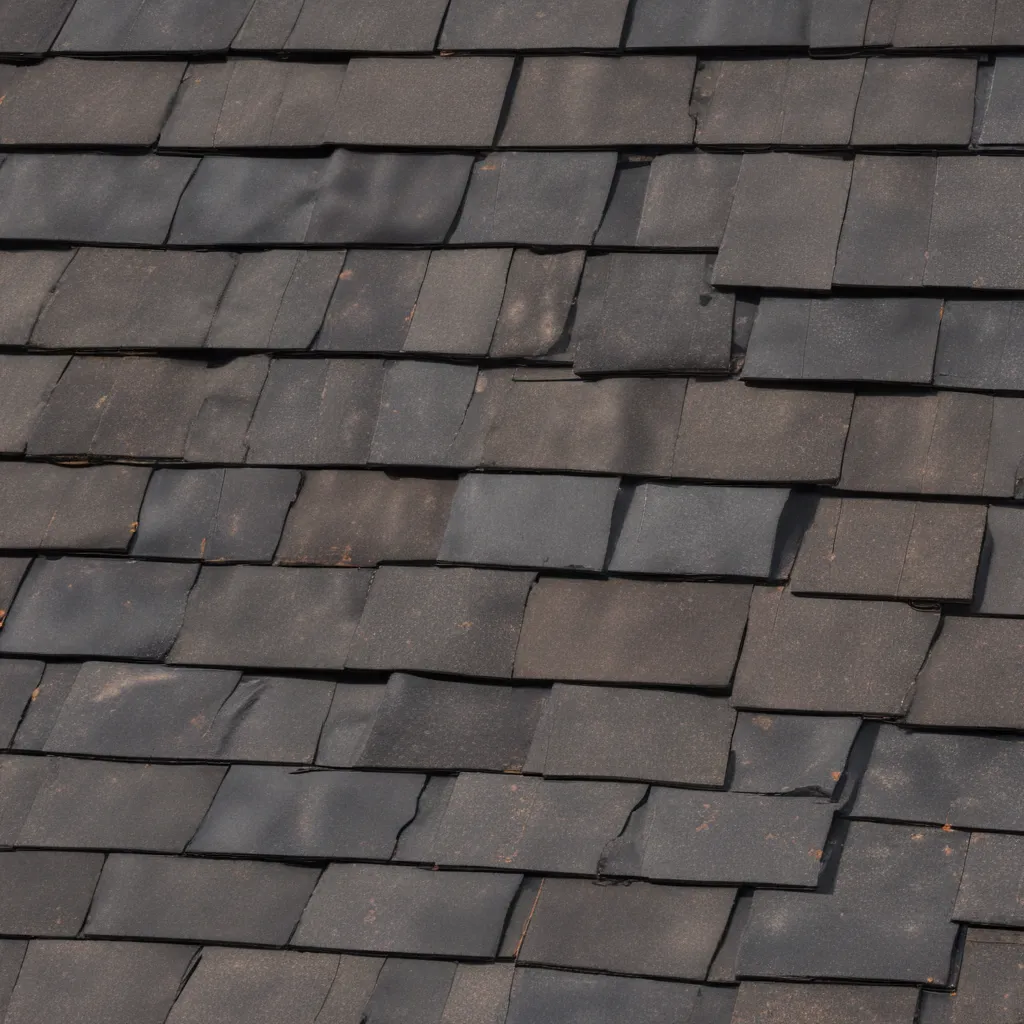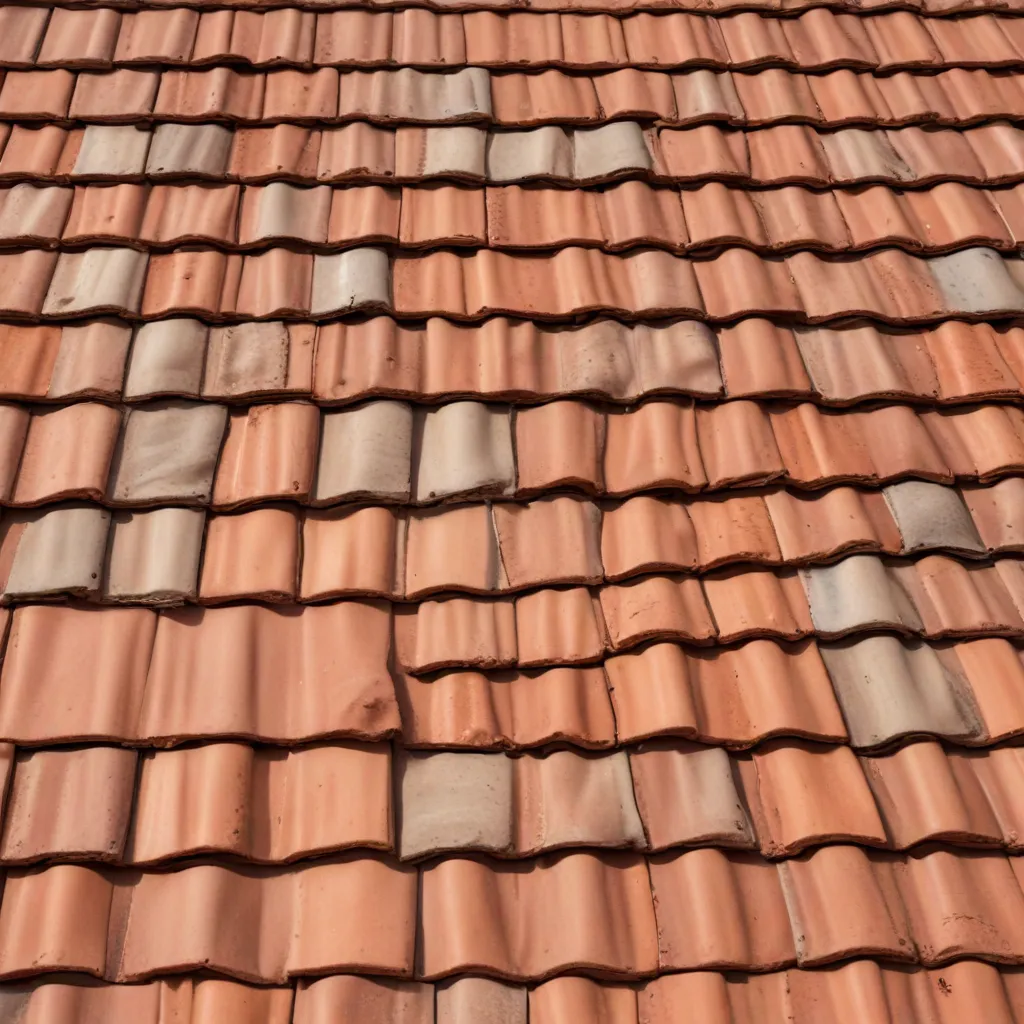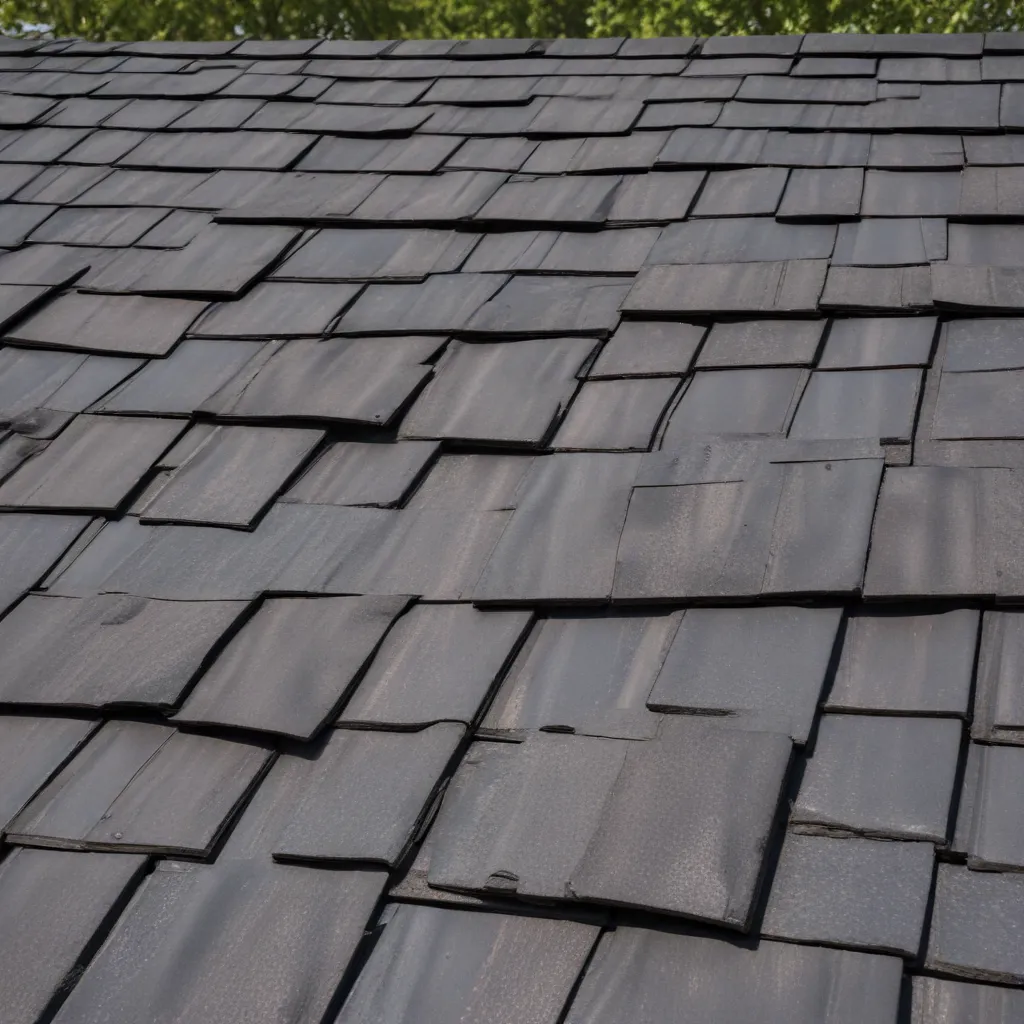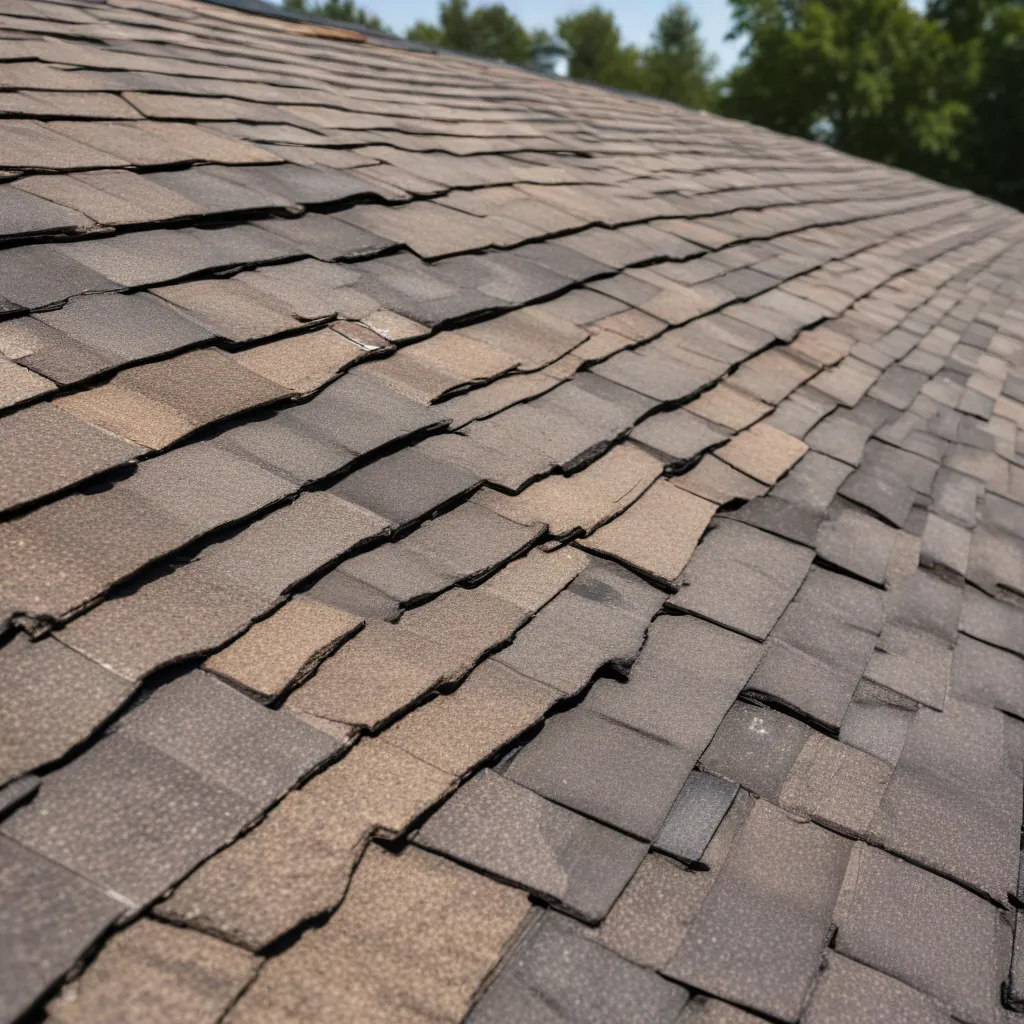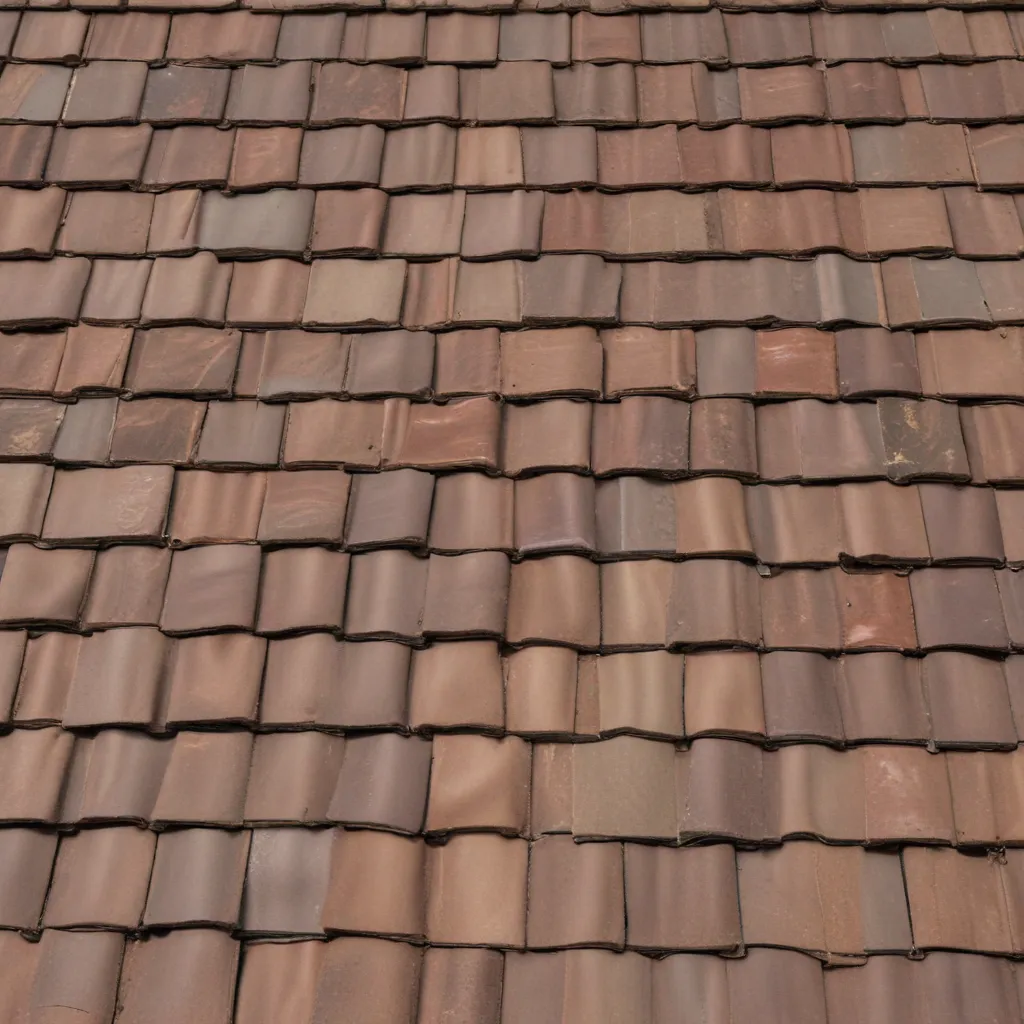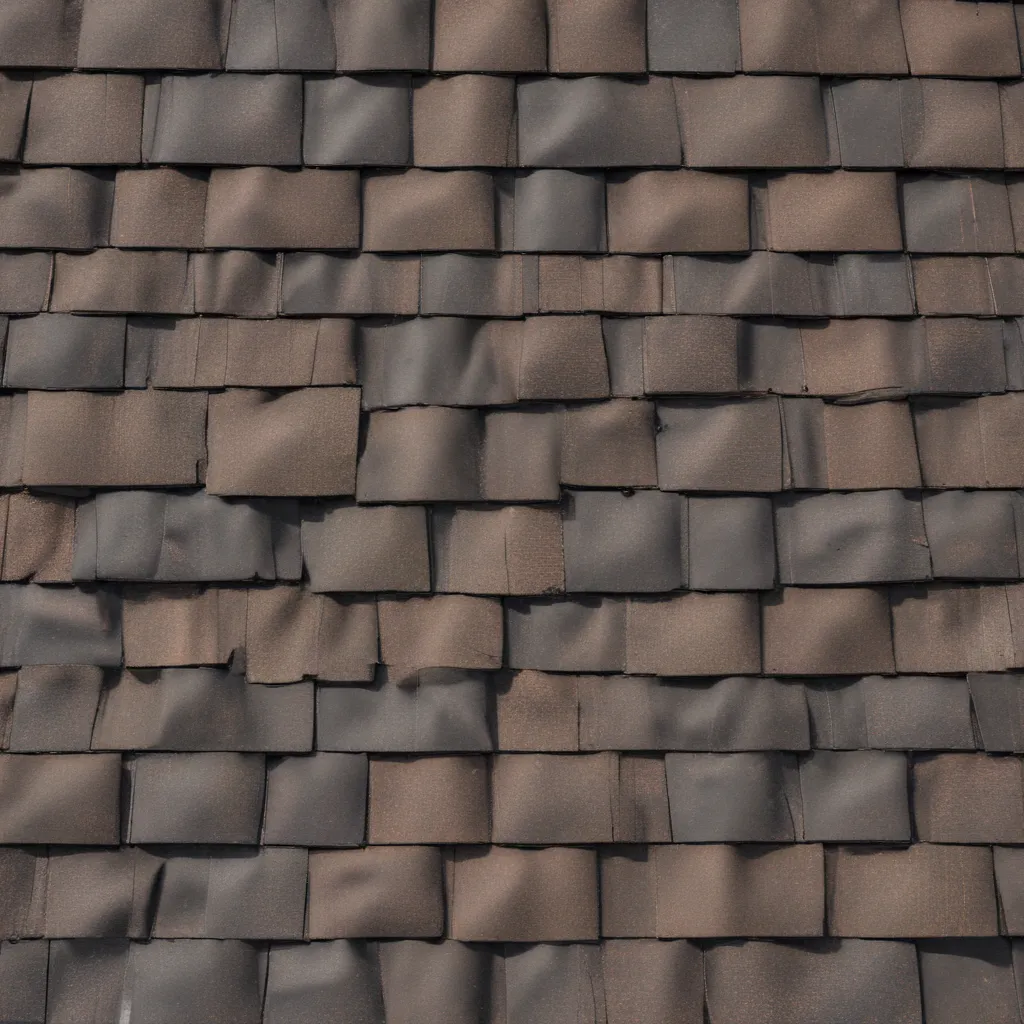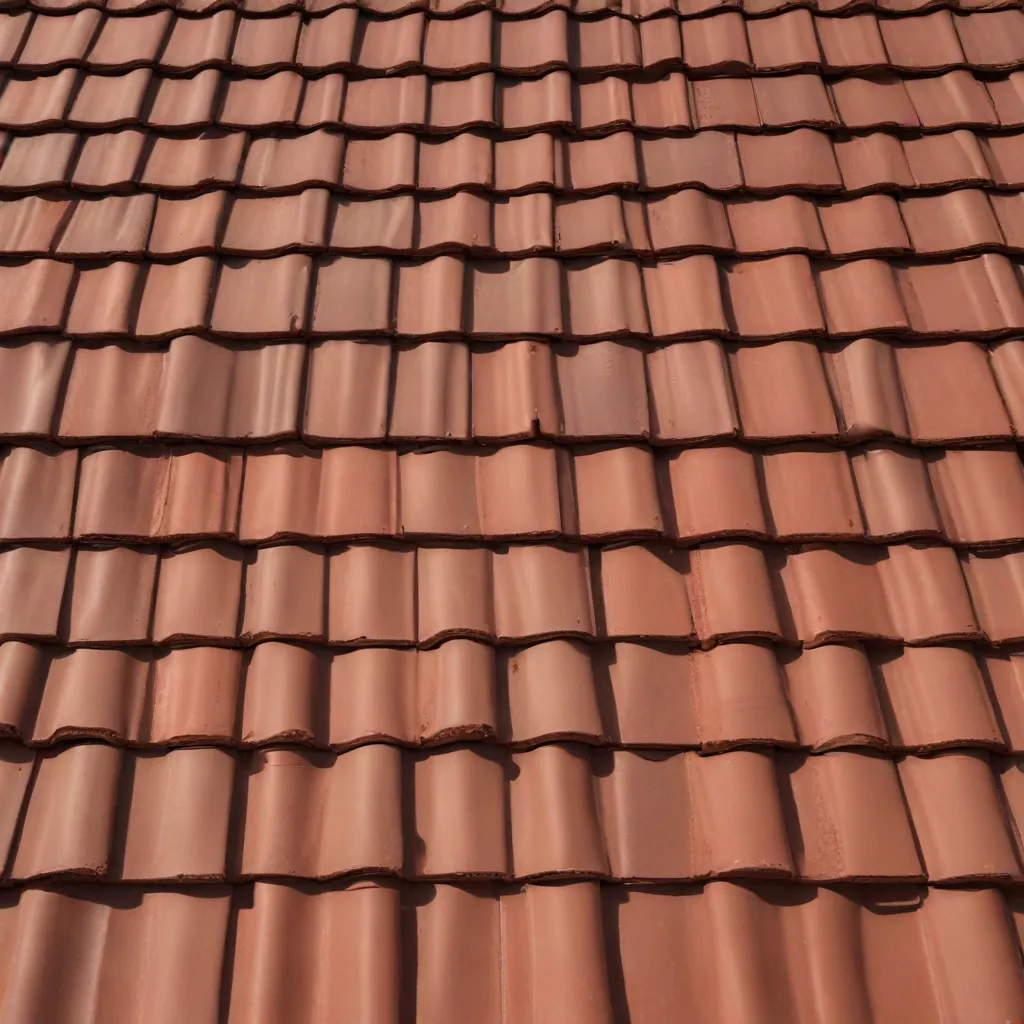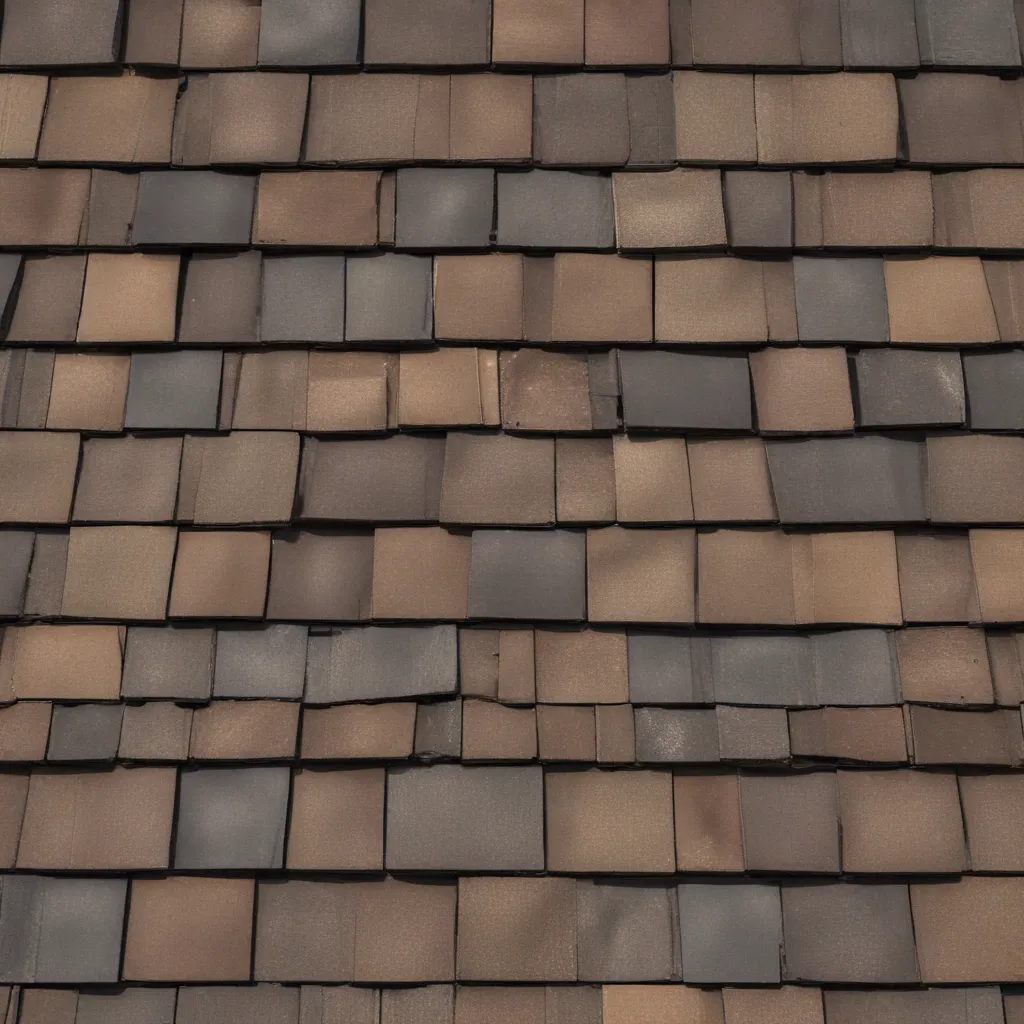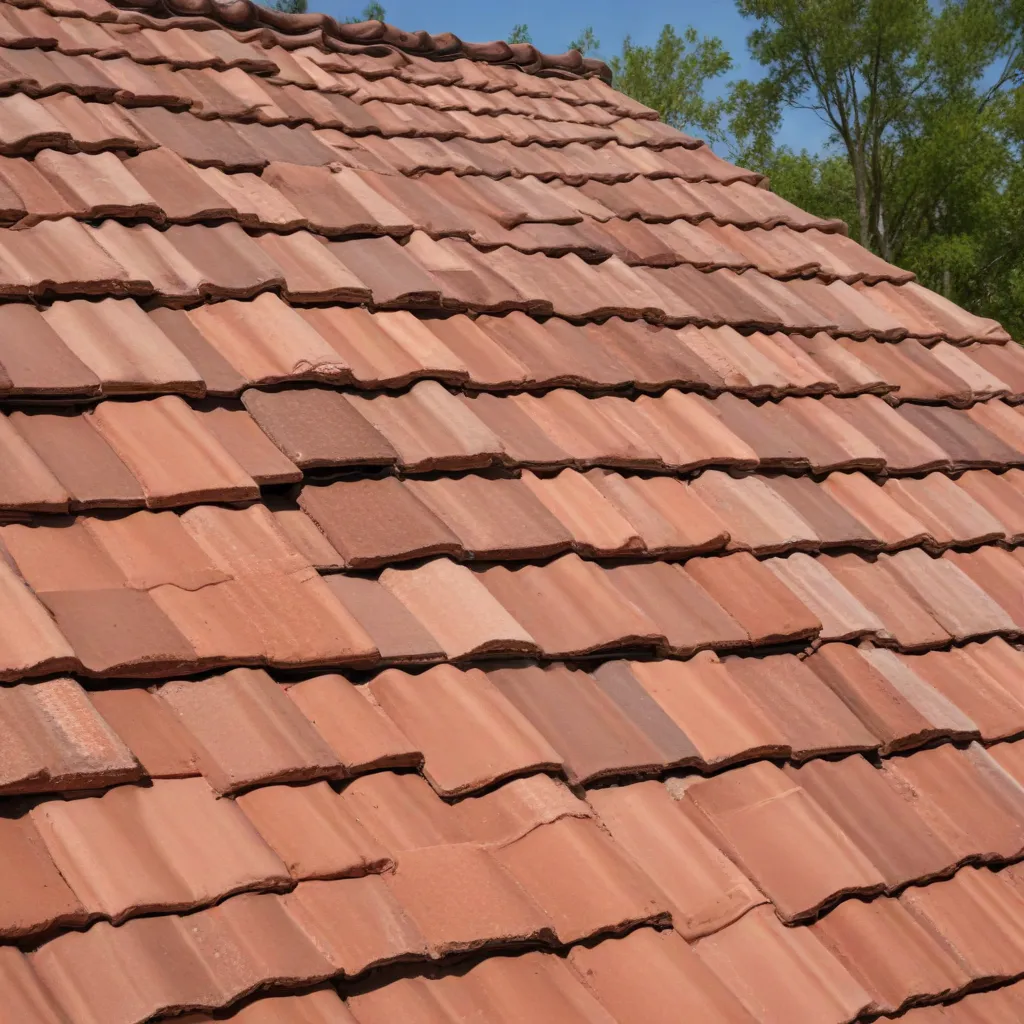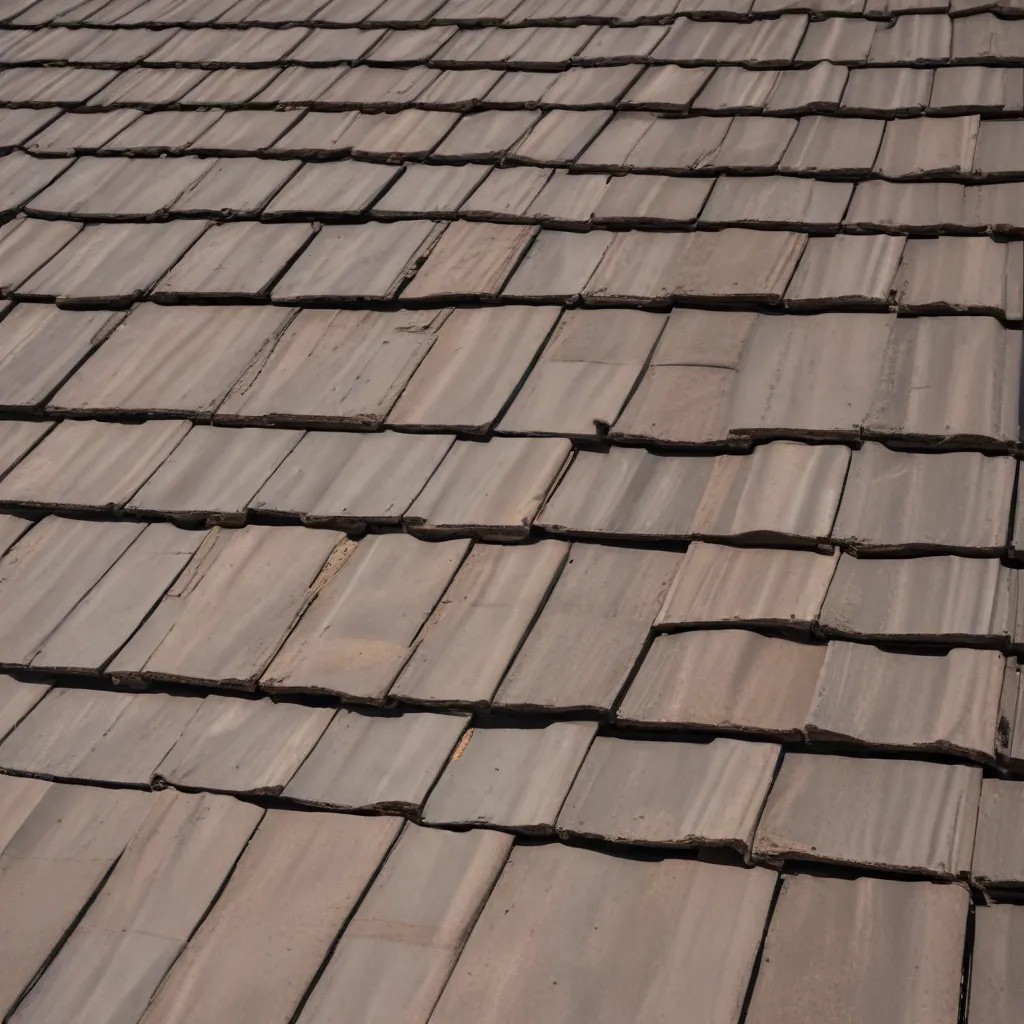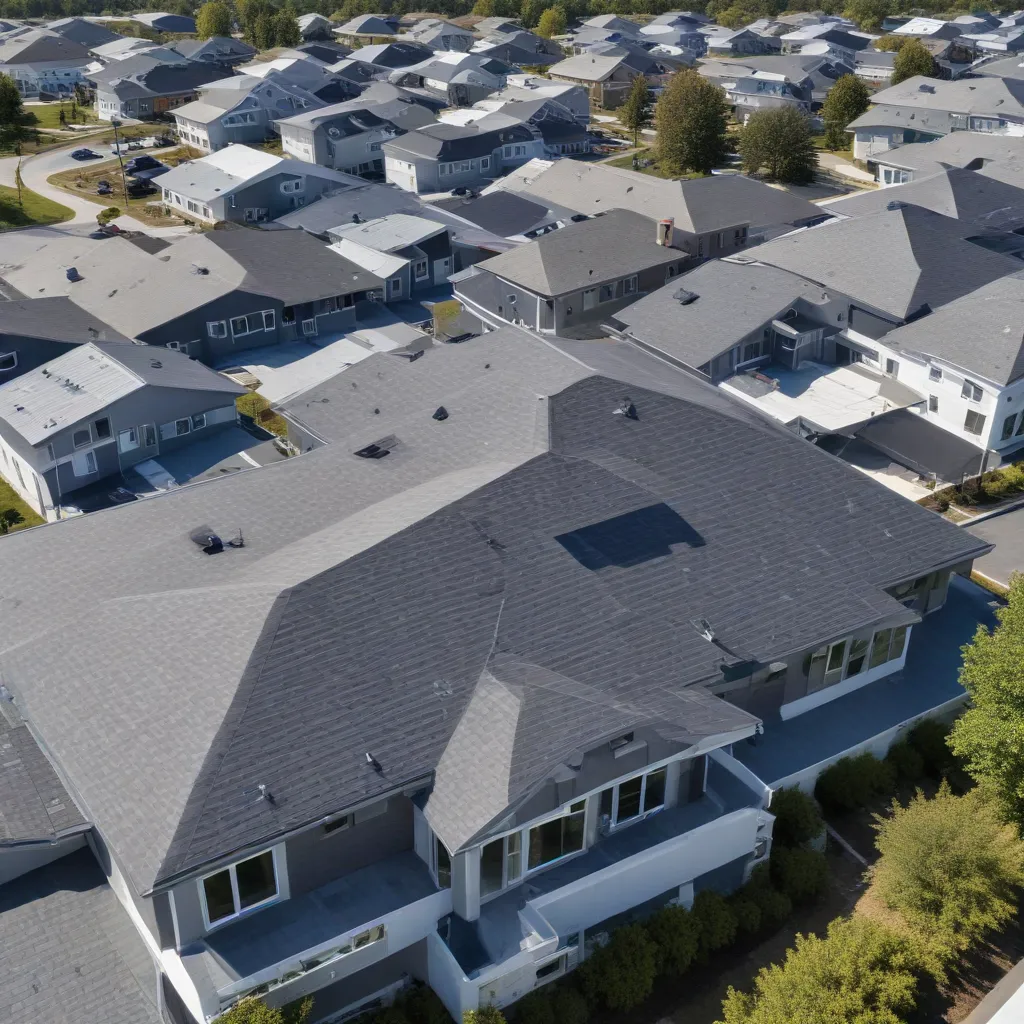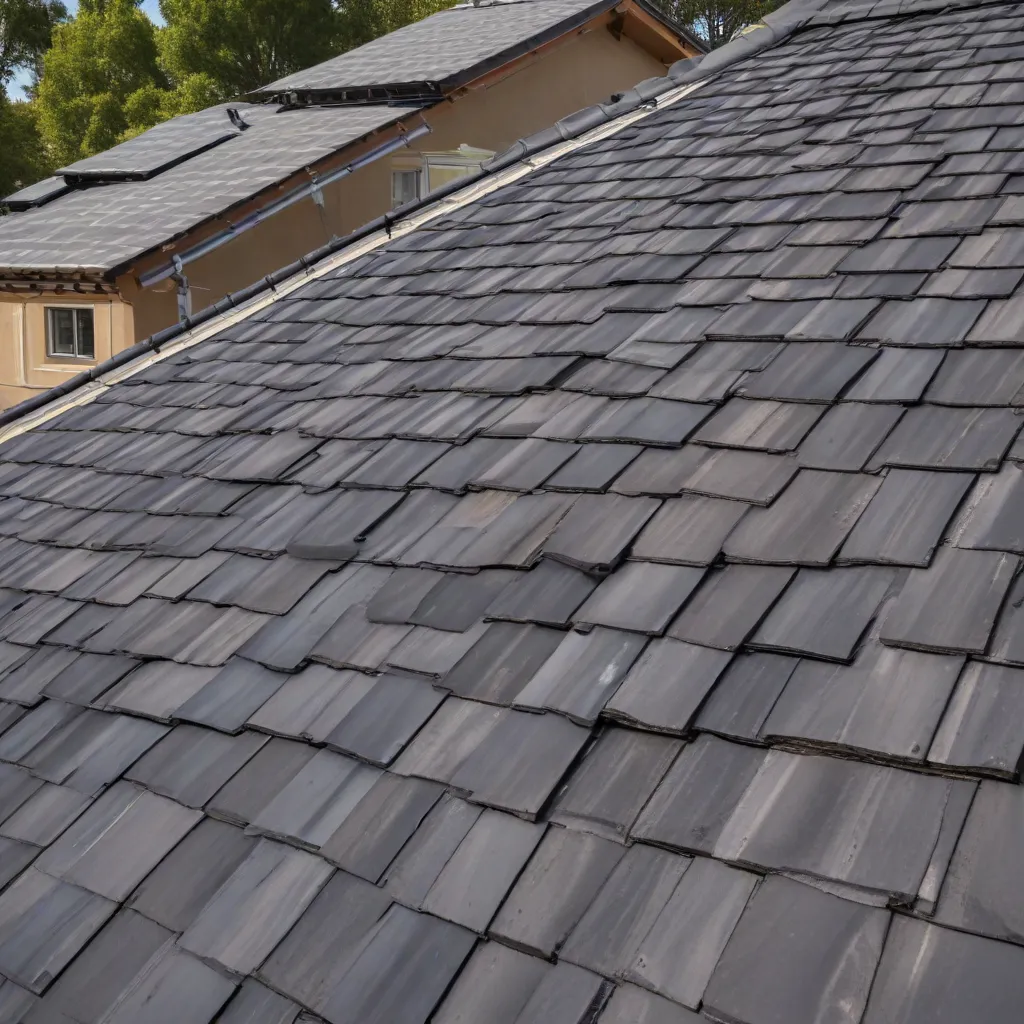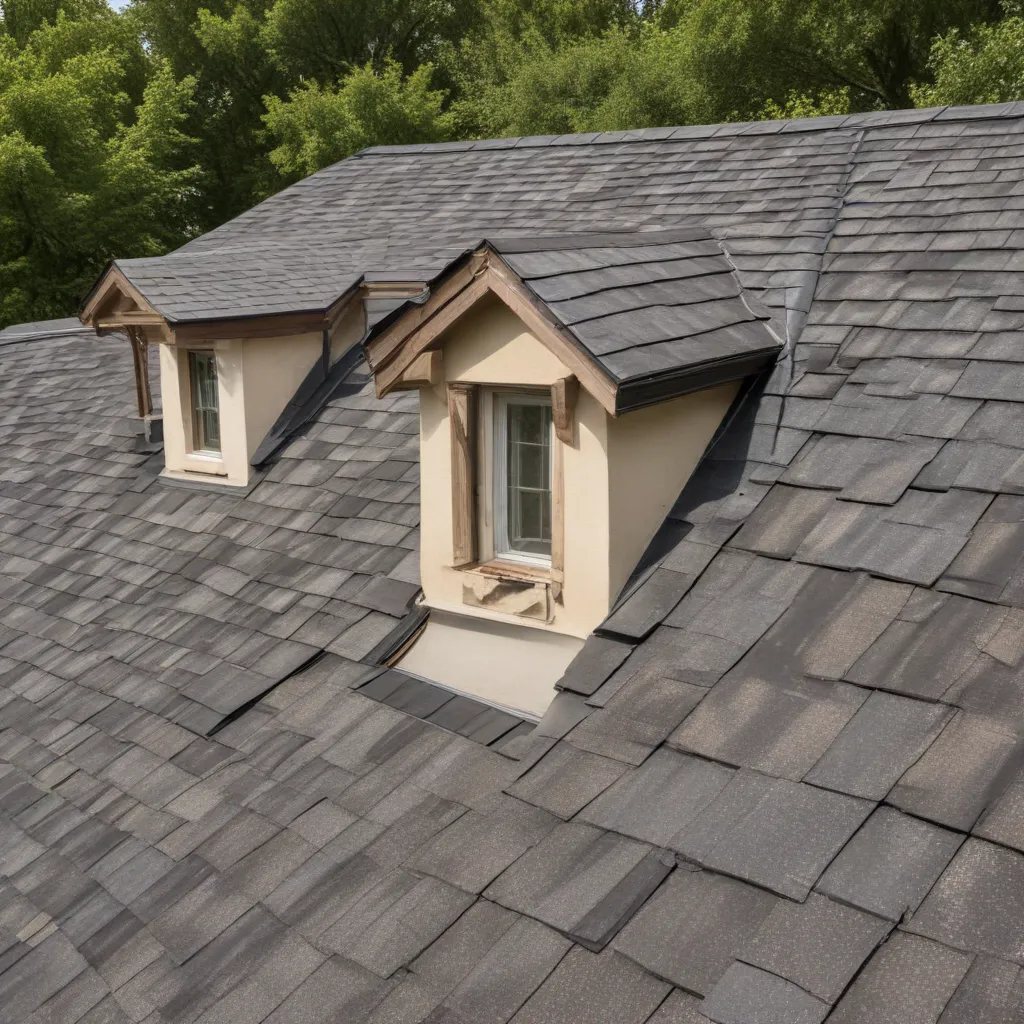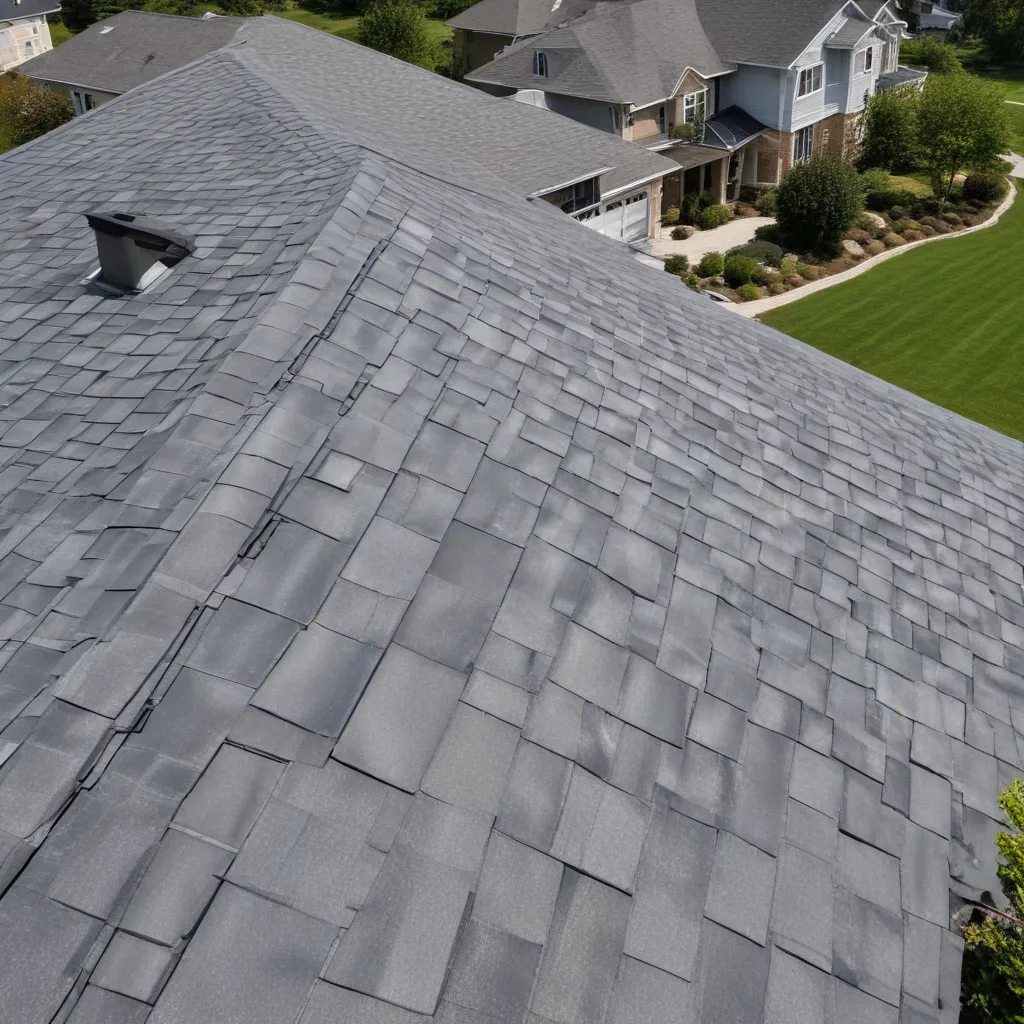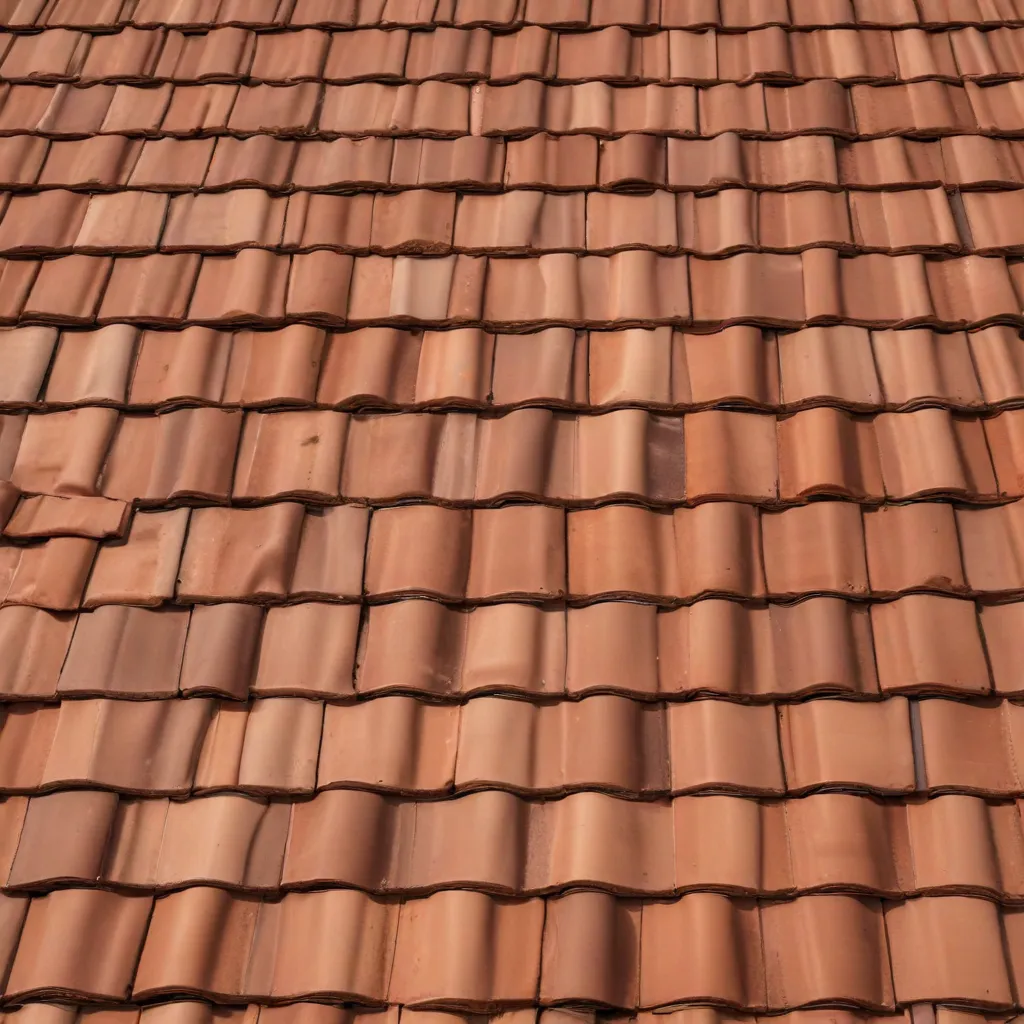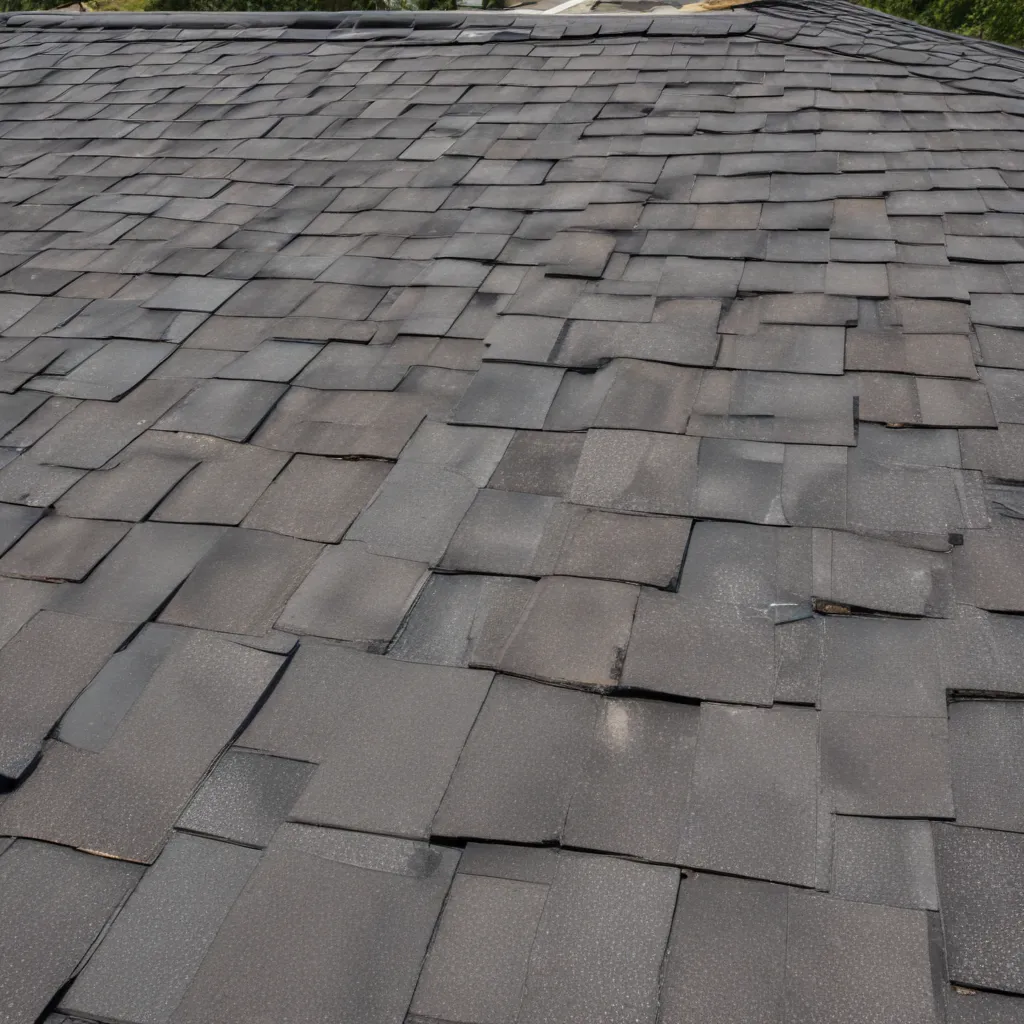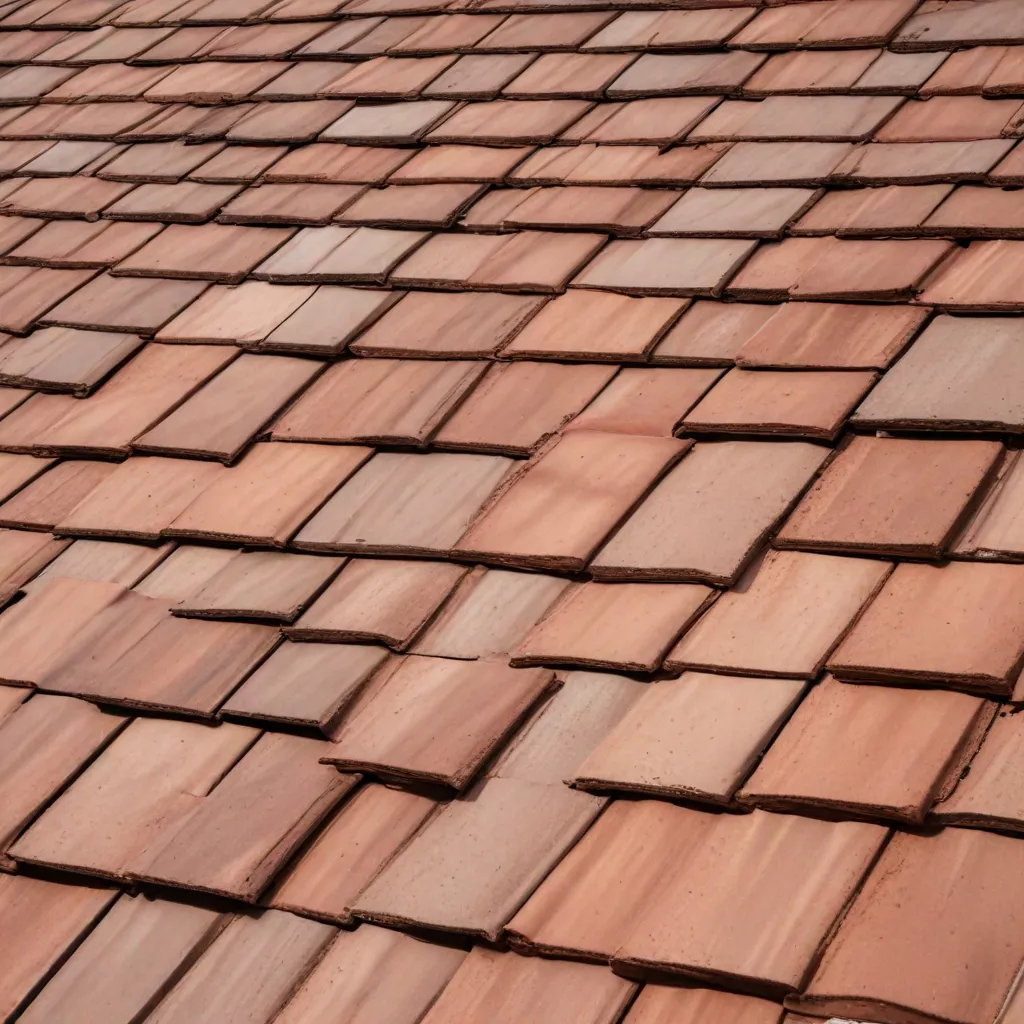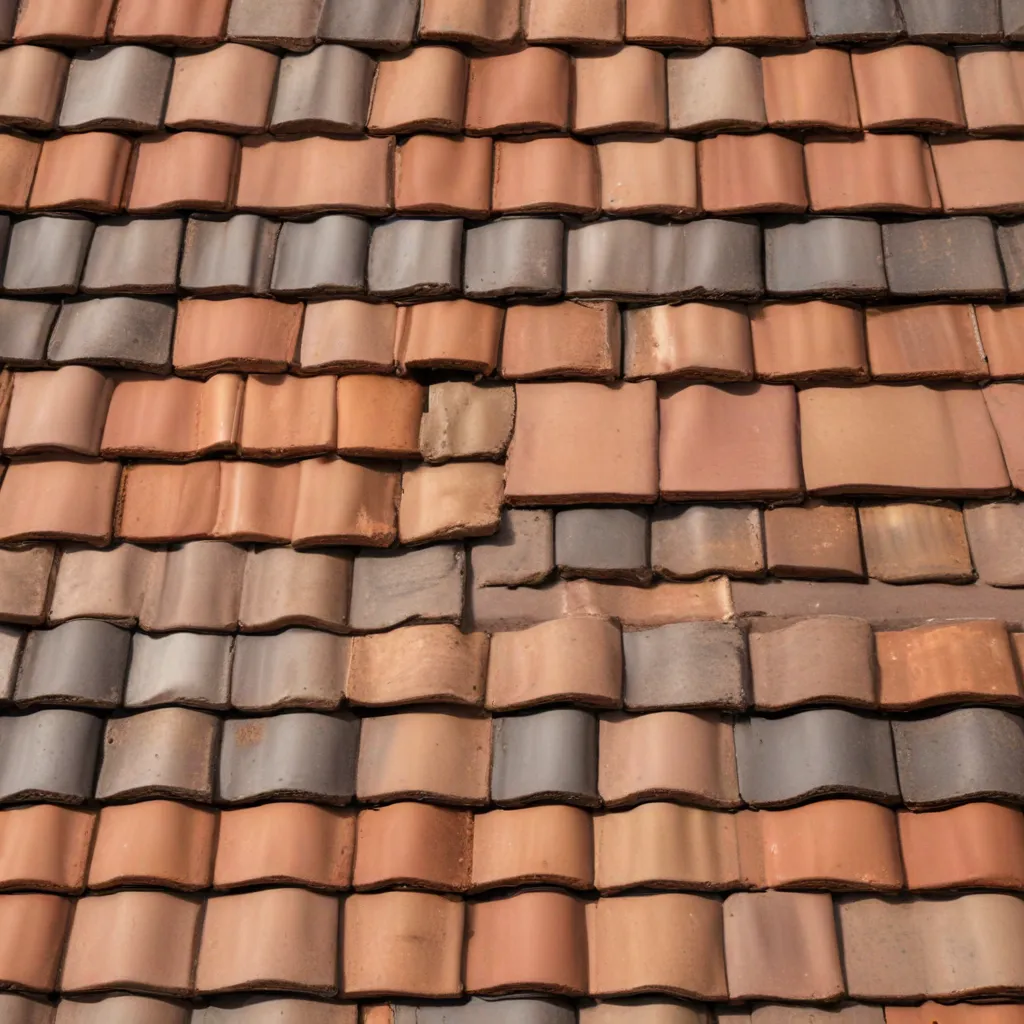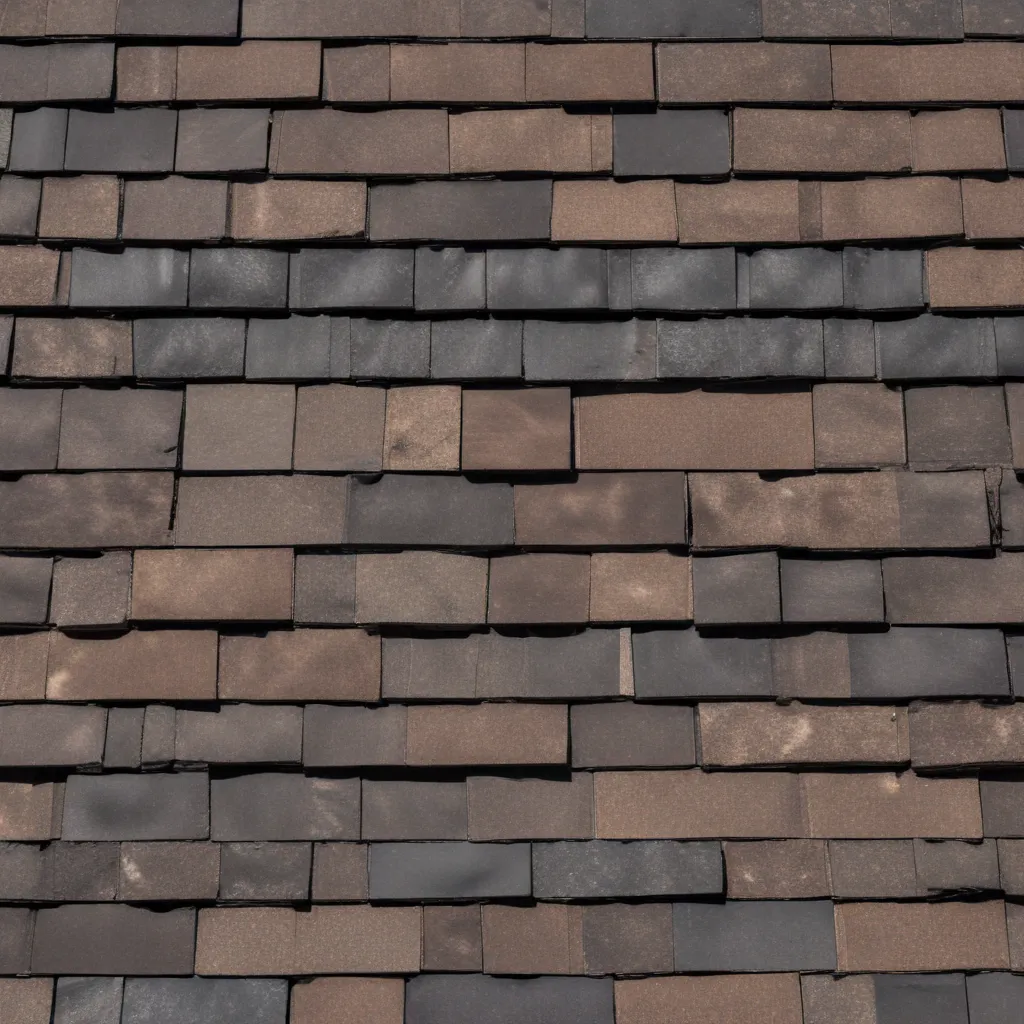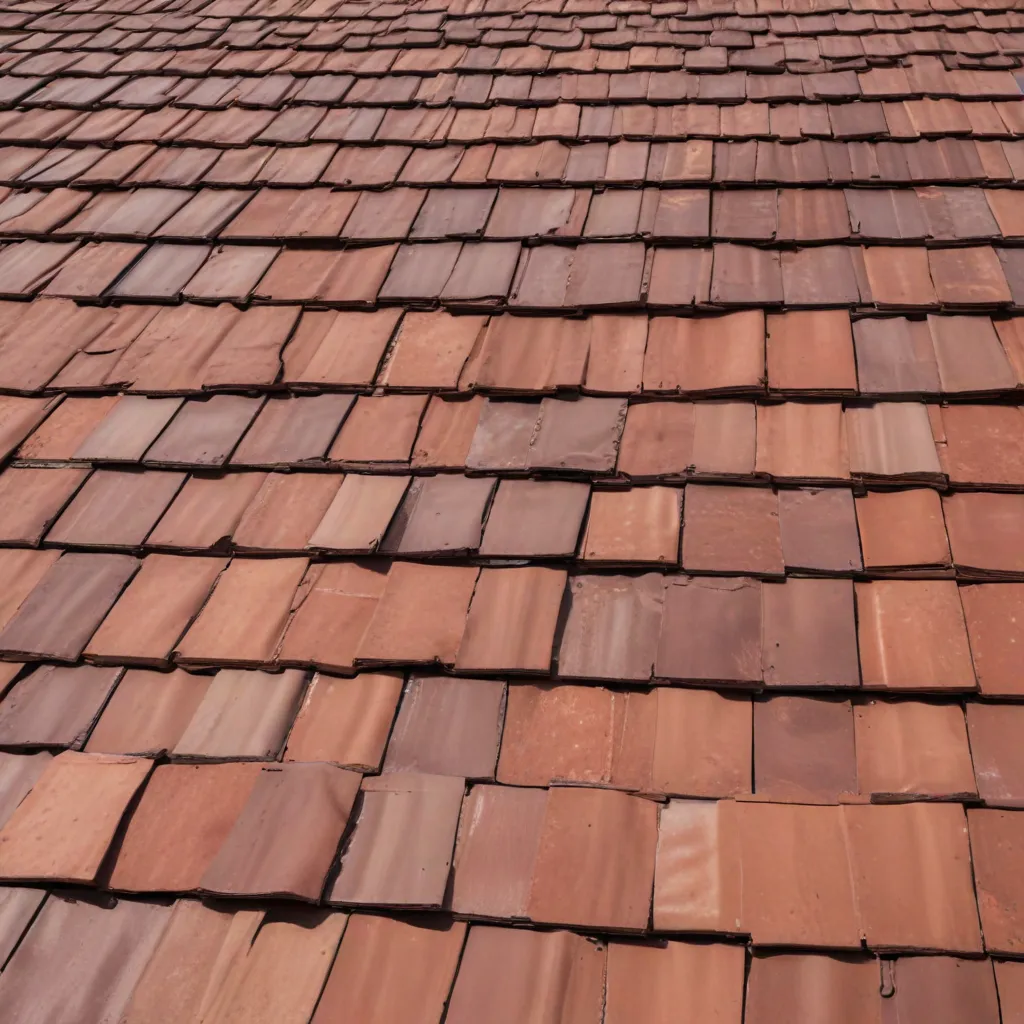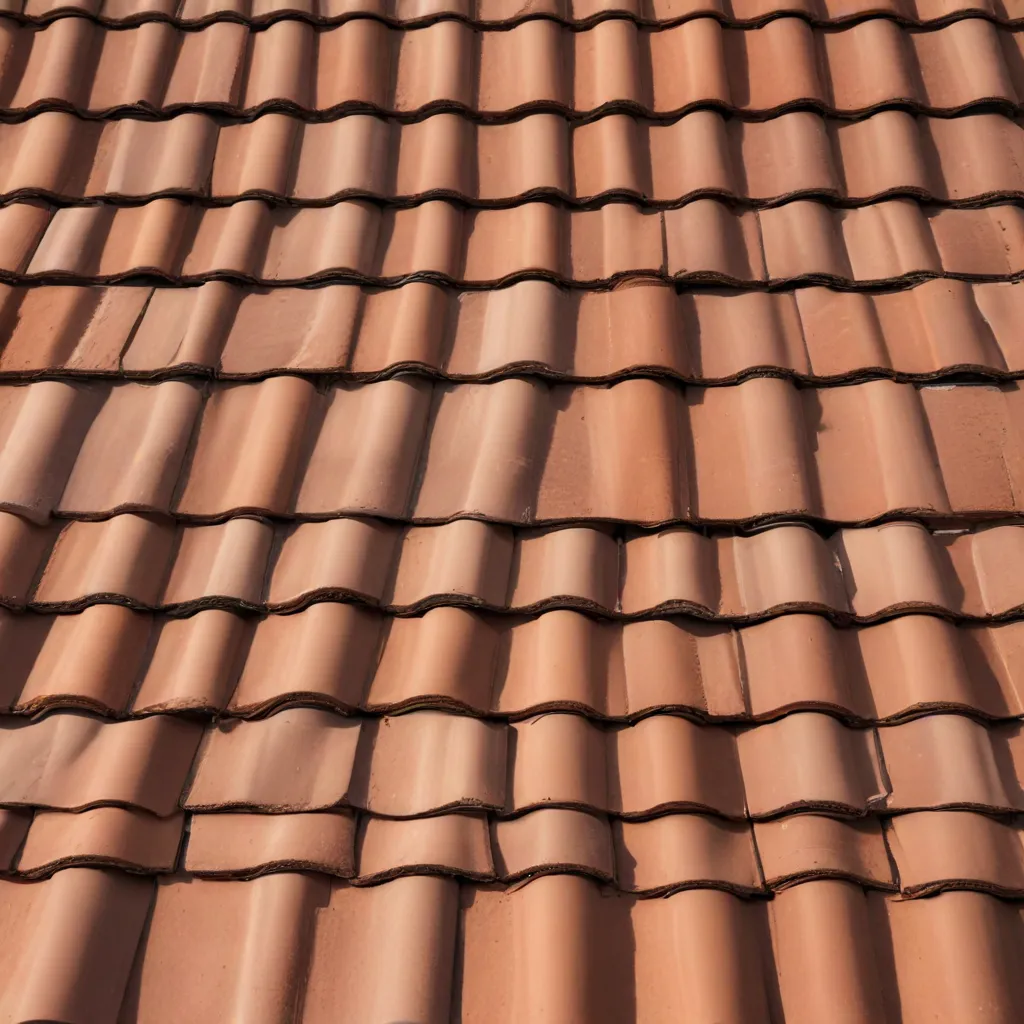
As an experienced roofing specialist, I’m excited to explore the world of tile roofing systems and how they offer a unique blend of timeless elegance and cutting-edge performance. Tile roofing has long been a preferred choice for homeowners and architects, and for good reason. These systems seamlessly combine the charm of traditional materials with the durability and energy-efficiency that modern roofing demands.
Architectural Styles
Tile roofing is a versatile option that can complement a wide range of architectural styles, from classic Mediterranean villas to contemporary farmhouses. Traditional architectural styles, such as Spanish, Italian, or Mission-style homes, often feature the distinctive look of clay tiles, whose warm hues and textured profiles evoke a sense of timeless sophistication. Homeowners drawn to these classic aesthetics can find a wealth of options, like the Braas Ceprano or the Calvu Classic, that capture the essence of traditional tile roofing.
For those with more contemporary architectural styles, tile roofing can still be an excellent choice. Sleek, low-profile concrete tiles or even innovative synthetic tiles that mimic the look of slate or wood can create a striking modern appearance that complements the clean lines and minimalist designs favored in many new homes. By blending the timeless appeal of tile with a more modern aesthetic, homeowners can achieve a truly unique and visually striking roofing solution.
And for those seeking to strike a balance between traditional and contemporary, there are numerous blended architectural styles that seamlessly integrate tile roofing. These homes might feature a combination of materials, such as tile accents paired with metal or asphalt shingles, creating a harmonious and eye-catching visual composition.
Tile Roofing Materials
When it comes to tile roofing, homeowners have several high-quality options to choose from, each with its own distinct characteristics and benefits.
Clay tiles are a classic choice, renowned for their exceptional durability and longevity. Crafted from natural clay and fired at high temperatures, these tiles are resistant to cracking, chipping, and fading, ensuring they maintain their vibrant appearance for decades. Clay tiles also offer excellent insulation properties, helping to regulate indoor temperatures and improve energy efficiency.
Concrete tiles are another popular option, offering a versatile and cost-effective alternative to clay. These tiles are made from a mixture of cement, aggregates, and pigments, resulting in a durable and weather-resistant roofing solution. Concrete tiles are available in a wide range of colors and styles, making them a flexible choice for a variety of architectural designs.
For homeowners seeking the timeless look of slate without the weight and fragility, synthetic tiles have emerged as an innovative solution. Crafted from advanced materials like polymers or recycled plastics, these tiles mimic the appearance of natural slate while offering enhanced durability, lightweight construction, and lower maintenance requirements.
Tile Roofing Performance
Tile roofing systems are renowned for their exceptional performance, delivering a combination of durability, energy efficiency, and weatherproofing that sets them apart from other roofing options.
Durability and Longevity: One of the primary advantages of tile roofing is its remarkable longevity. When properly installed and maintained, tile roofs can last for 50 to 100 years or more, far exceeding the lifespan of many other roofing materials. This long-term performance is a testament to the inherent strength and resilience of tile, which can withstand high winds, hail, and other severe weather conditions with minimal damage.
Energy Efficiency: Tile roofing systems also excel in terms of energy efficiency. The natural thermal mass of tile helps to regulate indoor temperatures, reducing the demand on heating and cooling systems. Additionally, many tile options feature specialized coatings or finishes that enhance their thermal emissivity, reflecting solar heat and further improving energy savings for homeowners.
Weatherproofing: Tile roofs are designed to provide superior protection against the elements. Their interlocking design and waterproof underlayment create a robust barrier against water intrusion, ensuring a dry and secure living environment even in the face of heavy rain or snowfall. This weatherproofing capability is crucial in regions prone to extreme weather conditions, offering homeowners peace of mind and long-term protection for their investment.
Tile Roofing Installation
Proper installation is essential to ensure the optimal performance and longevity of a tile roofing system. This process begins with careful roof preparation, which may include the installation of a sturdy underlayment or the reinforcement of the roof deck to support the weight of the tiles.
The installation of tile roofing requires specialized techniques and expertise. Skilled roofing contractors use precise methods to secure the tiles, creating a secure and watertight system. This may involve the use of fasteners, sealants, and flashings to ensure a seamless and durable integration with the overall roofing structure.
Ongoing maintenance and repairs are also crucial for tile roofing systems. Periodic inspections and the prompt addressing of any issues, such as cracked or displaced tiles, can help maintain the roof’s integrity and extend its lifespan. With proper care, a tile roof can continue to provide reliable protection and aesthetic appeal for decades to come.
Benefits of Tile Roofing
The appeal of tile roofing extends beyond its exceptional performance; it also offers a range of benefits that can enhance the overall value and appeal of a home.
Aesthetic Appeal: Tile roofing is renowned for its timeless beauty and architectural elegance. The diverse array of colors, textures, and profiles available allows homeowners to tailor the look of their roof to complement the style of their home, whether it’s a stately Mediterranean villa or a modern farmhouse.
Increased Property Value: The durability and aesthetic appeal of tile roofing can significantly enhance a home’s resale value. Prospective buyers often view a well-maintained tile roof as a valuable asset, recognizing the long-term investment it represents.
Environmental Sustainability: Tile roofing is an environmentally friendly choice, as many clay and concrete tiles are made from naturally occurring materials and can be recycled at the end of their lifespan. Additionally, the energy-efficient properties of tile roofing contribute to reduced environmental impact through lower energy consumption.
Tile Roofing Trends
As the roofing industry continues to evolve, we’re witnessing the emergence of exciting new trends and advancements in tile roofing systems.
Emerging Design Concepts: Innovative tile profiles and color palettes are constantly being developed, allowing homeowners to explore more diverse and unique roofing aesthetics. From sleek, low-profile tiles to bold, textured designs, the possibilities for customizing a home’s appearance are ever-expanding.
Technological Advancements: Tile roofing manufacturers are continuously investing in research and development to improve the performance and sustainability of their products. This includes the integration of advanced coatings, improved insulation properties, and the incorporation of recycled materials, all of which contribute to enhanced energy efficiency and environmental stewardship.
Sustainability Initiatives: As the demand for eco-friendly building solutions grows, tile roofing is well-positioned to meet the needs of environmentally conscious homeowners. Many tile manufacturers are actively pursuing initiatives to reduce their carbon footprint, such as using renewable energy sources in production and implementing closed-loop recycling programs.
Tile Roofing Regulations
When considering a tile roofing system, it’s important to be aware of the relevant building codes and standards that govern its installation and performance. These regulations ensure the safety and integrity of the roofing system, and vary depending on the local jurisdiction.
Homeowners and contractors must also consider permit requirements before undertaking a tile roofing project. Obtaining the necessary permits and adhering to local building codes is crucial, as it not only ensures compliance but also protects the homeowner’s investment.
Additionally, warranty considerations play a significant role in the selection and installation of a tile roofing system. Reputable manufacturers often provide extended warranties, offering homeowners the assurance of long-term protection and the confidence to invest in a high-quality roofing solution.
In conclusion, tile roofing systems offer a unique blend of traditional charm and modern performance, making them an excellent choice for homeowners seeking a durable, energy-efficient, and aesthetically pleasing roofing solution. By understanding the various materials, installation techniques, and regulatory considerations, homeowners can make an informed decision and enjoy the exceptional benefits of a tile roof for years to come.

